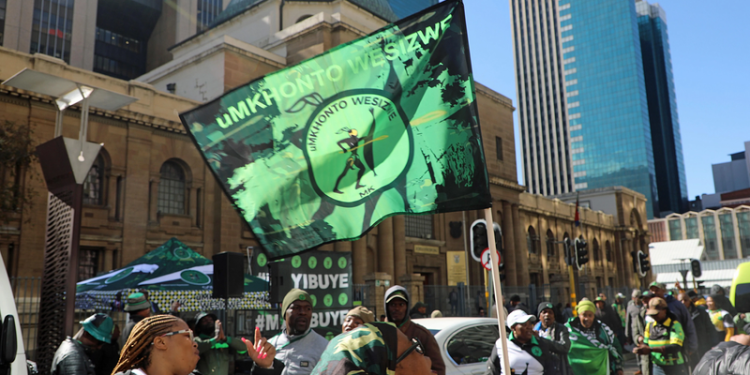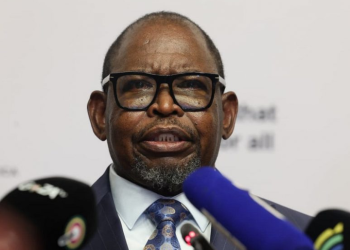The uMkhonto weSizwe (MK) Party has carved out a contentious space in South African politics with its uncompromising demand: the return of land and economic control to Black South Africans. Framing its mission as a continuation of the liberation struggle, the party has drawn both fervent support and sharp criticism.
“The time for polite politics is over,” declared a senior MK official at a recent gathering. “Our ancestors fought for liberation, but economic freedom remains unfinished business. We are here to reclaim what was stolen.”
The party’s rhetoric resonates strongly with its base, particularly among those disillusioned with the pace of transformation since 1994. At rallies, supporters echo the sentiment that MK represents a final chance for true sovereignty. “They’re the only ones speaking our painful truth,” said one attendee.
However, analysts note the party’s approach raises questions. While its message strikes an emotional chord, critics point to scant policy detail behind the bold pronouncements. Some warn its radical stance could deepen divisions without offering practical solutions.
Undeterred, MK leaders dismiss such concerns as distractions. Their focus remains fixed on what they see as the fundamental injustice of land dispossession and economic exclusion. As the 2024 elections approach, the party appears determined to force these issues center stage – regardless of the controversy it provokes.
The MK phenomenon reflects growing impatience with incremental reform, presenting South Africans with a stark choice between radical change and established political processes. How this plays out could reshape the country’s political landscape for years to come.






















